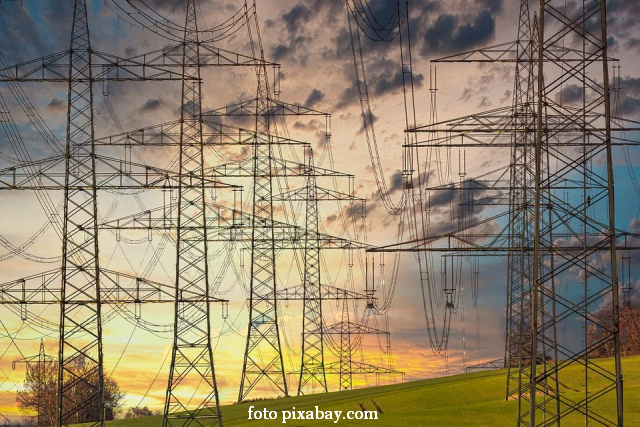Steps towards energy independence
The American company ExxonMobil is selling its exploration and exploitation unit in Romania to the state-owned company Romgaz

Mihai Pelin, 04.05.2022, 14:00
Romanias internal energy output makes it one of the most energy-independent states at EU level, according to data released by the European Commission in 2020. Romanias energy reliance at the time stood at 28%, against an EU average of over 50%. The situation is good, compared to Italys reliance of 73% or Germanys 64% share, or Malta and Cyprus, two countries that are almost fully reliant on energy imports. Romania has its own sources of oil, gas, coal, nuclear energy and hydroelectric energy. Besides, it has over 1,400 billion cubic meters of shale gas, the third-largest reserve in Europe after Poland and France, according to estimates by the American Administration for Energy Information. Romania has recently made a new step towards consolidating its energy security and curbing its reliance on Russian gas.
The state-owned company Romgaz has signed the contract for the purchase of ExxonMobils share in the Neptune Deep project, namely 50% of the rights and obligations regarding the deep-water gas field in the Black Sea. Romanias largest natural gas producer paid over a billion USD for this major deal. According to estimates, over 80 billion cubic meters of gas can be extracted from this field, and ExxonMobil owned half of the exploitation rights, the other half being owned by OMV Petrom. Both companies need however a few billion Euro to complete this strategic project for Romania. Prime Minister Nicolae Ciucă pointed out that natural gas in the Black Sea will be extracted as early as 2026. He explained that estimates show there are large enough quantities to supply neighboring countries and those in the EU as well.
The governments investment-based plan for developing Romanias energy sector has a business and stability-oriented approach which will make Romania a major regional player, capable of ensuring the necessary demand of its own citizens and economy and actually becoming an importer supplier of energy security in the region, the Prime Minister went on to say. Before starting extracting gas from the Black Sea, investors are waiting on the authorities to amend the offshore law, which is now debated by the Senates special committees. The main modifications to the document adopted four years ago have to do with lowering exploitation taxes for deposits in the Black Sea and on land, as well as with the elimination of restrictions on prices, all part of a legal framework to ensure predictability. The Romanian state and state-owned enterprises will be given priority to buy the resulting output, while 60% of the profit will go to the state. Additionally, companies will be able to deduct 40% of their investment, compared to 30% under the current legislation. (VP)






























